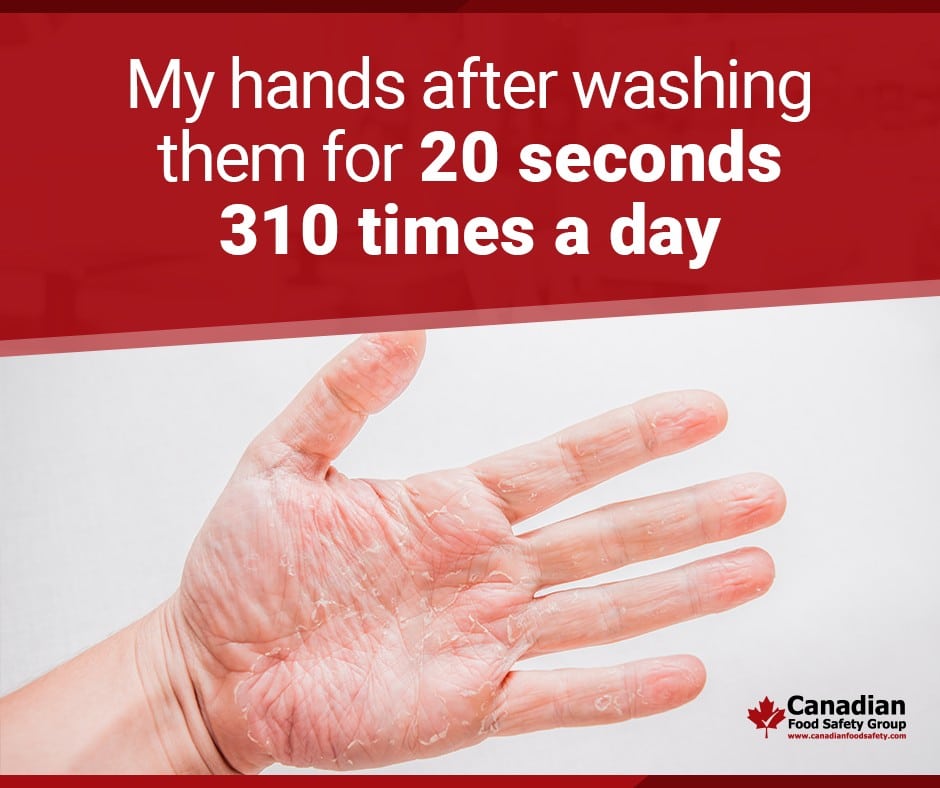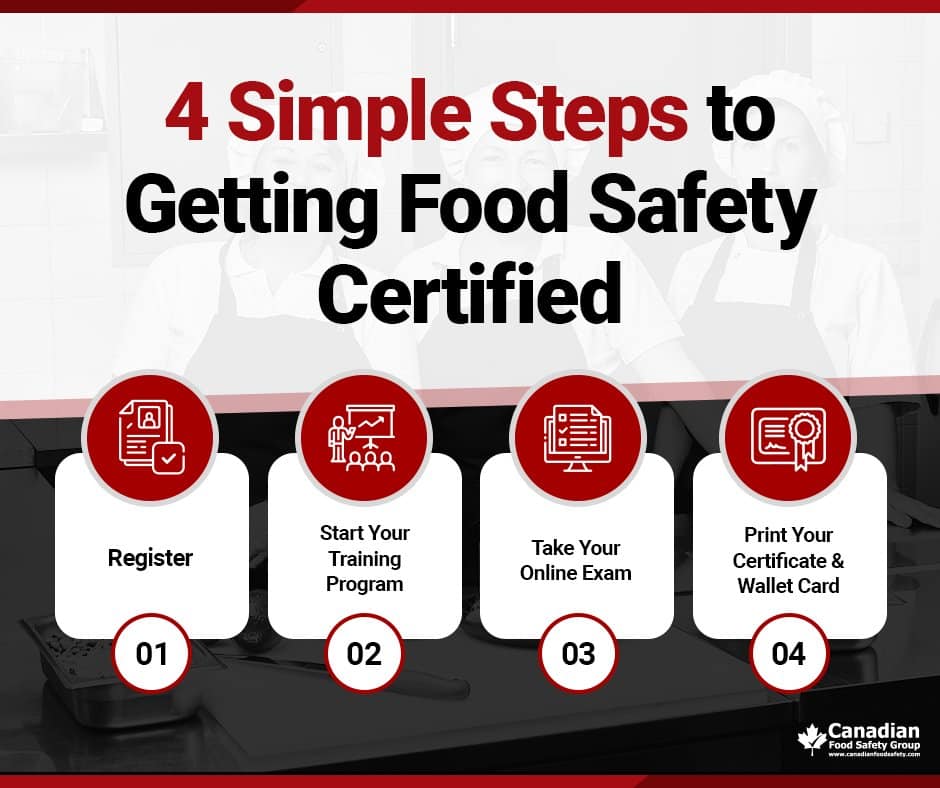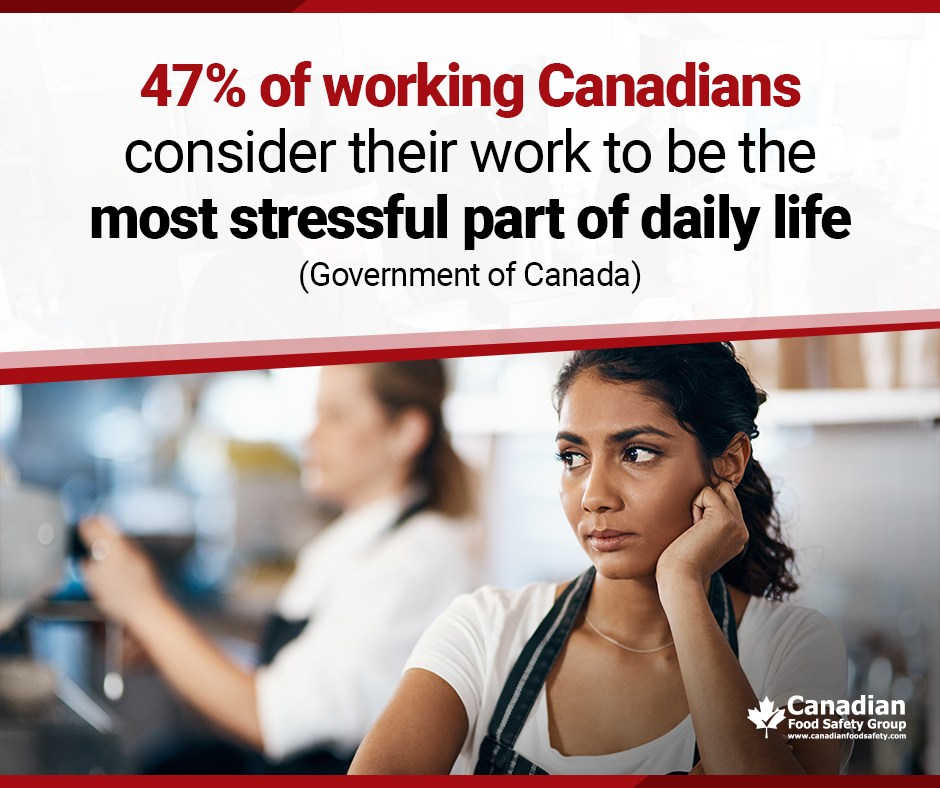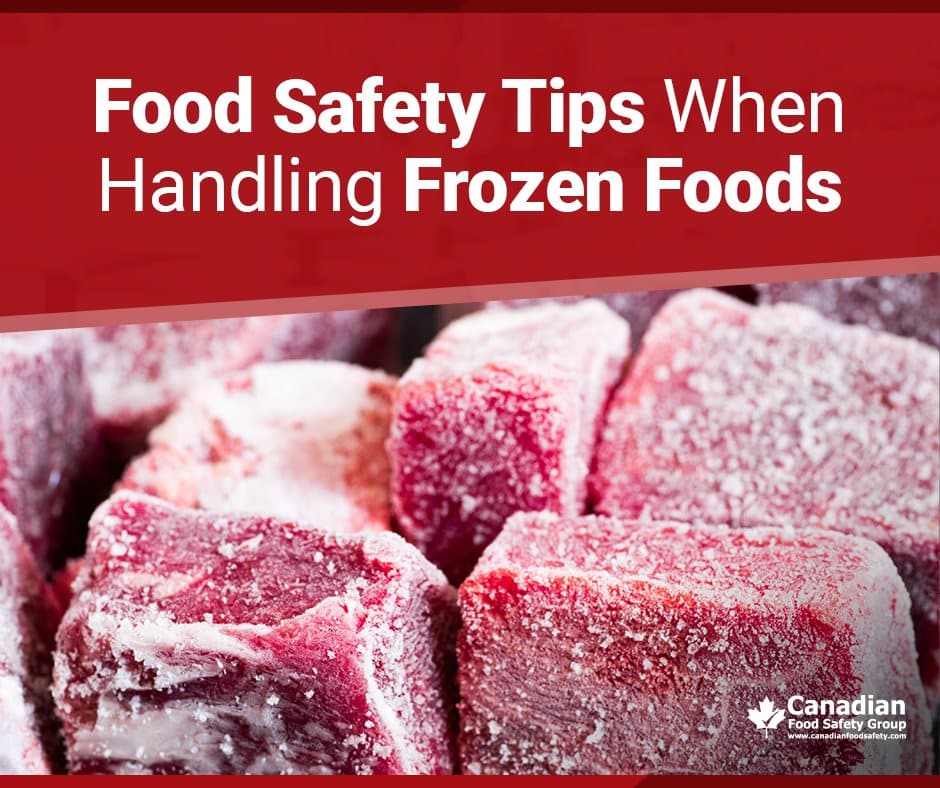Trusted By 300,000+ Experts & Industry Leaders
Helping Companies Save Thousands in Training Expenses
Certified Across All Canadian Provinces & Territories
Guaranteed 100% Pass Rate for Every Course
Instant Certifications Upon Exam Completion
Fast & Affordable Food Safety Courses for All
Food Service Professionals

Canadian Food Safety helps professionals in the food service industry maintain the highest food safety standards by offering recognized provider training programs that meet Canadian food handler training requirements.
Each online food safety program is affordable, engaging, informational, and fast, accommodating all learning styles and schedules.
The training courses include essential food safety program guidelines, covering proper food handling, preparation, serving, and storage. Participants gain the knowledge needed to create a strong food safety plan, protect public health, and reduce food safety risks.
After finishing all the online course materials, participants will complete a final exam. Once you successfully complete the course, your food safety certification will be emailed to you, verifying your compliance with industry standards.
Our #1 Most Popular Food Safety Certificate Course
The SafeCheck® food safety certificate Canada course provides essential food safety laws and training for everyone who prepares, handles, and serves food products. The fully narrated food safety course is recognized as Canada’s best-value food handler course. Learn at your own pace and become a certified food handler today!

More Great Online Food Safety Certification Courses
See What Our Past Students Have to Say
“I recently attended a Canadian Food Safety Group course. As a Manager of a fast food restaurant I was required to get my food safe certification. Domenic made this not only easy with multiple dates and locations to accommodate my schedule, his course was very beneficial and informative. Domenic is a great instructor and covered the material in a fashion that was easy to understand and retain. I would recommend Canadian Food Safety Group to anyone who needs or requires certification for food safety.”
“My staff all said it was very informative & helpful and love the fact that it was only 1 day long instead of 2. Speaking from an operations standpoint, this was also a great help as it saves us a days labour. One of our staff that went was a new Kitchen Manager we had, and he said he learned quite a few things he didn’t know before and implemented them immediately which of course helps us in our overall operations.”
“A very informative and pain free course. The interactive and group discussion made it easier to follow along and take in information. The “real” cases and examples of food safety violations discussed made it more interesting and relevant. I would recommend this course to any future and potential staff at our bakery.”
“I found the Canadian Food Safety Group’s 1 day Food Safety Certification Course in Food Sanitation & Hygiene to be clear and concise. It included everything from food storage and preparation hazards to the cleanliness of the kitchen, to education of staff and more. I found the course to be very thorough. It included good resources and I recommend it to both new and experienced staff working in food service.”
Food Safety Certificates Recognized Across Canada
Your food safety certification is recognized and approved by health units in every Canadian province and territory.
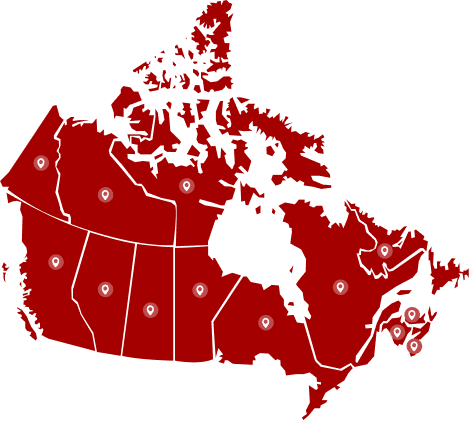
Get Food Safety Certified Today!
Ready to improve your food safety practices? Obtain your food handler certificate online today to protect your customers and your business.





